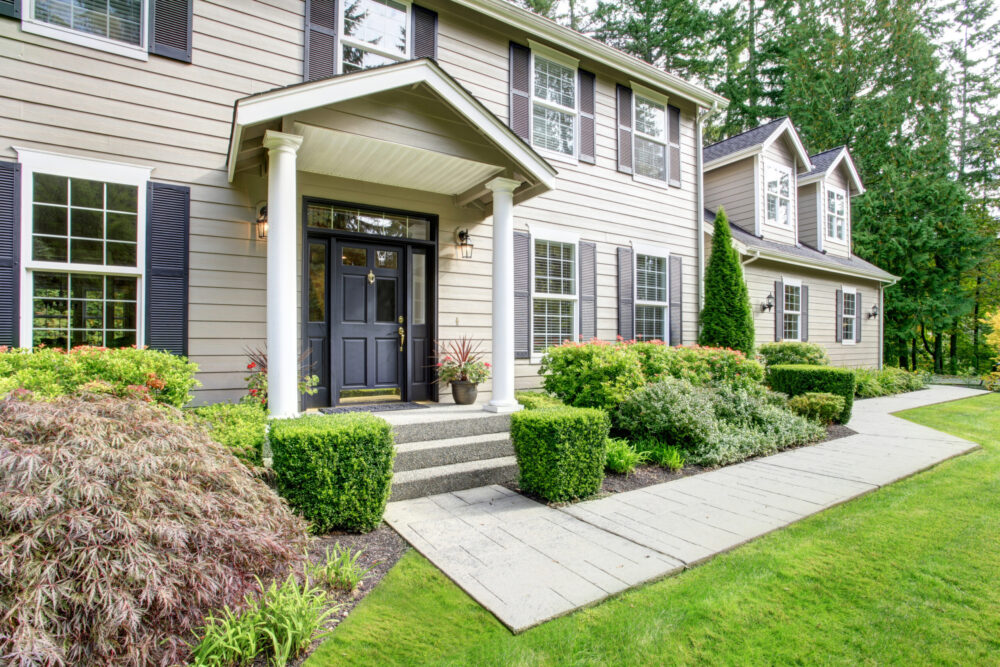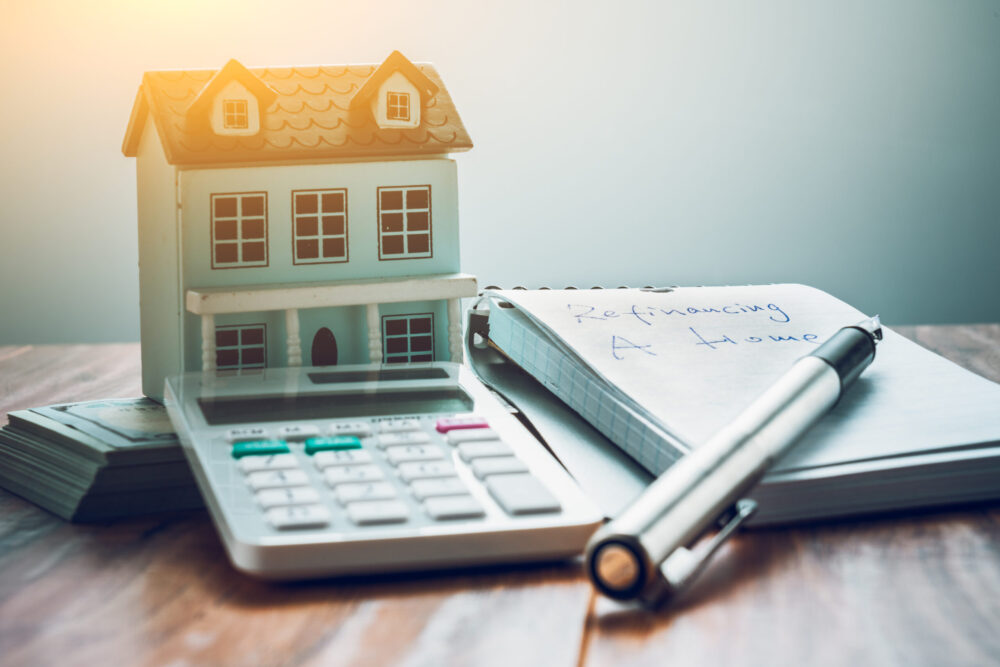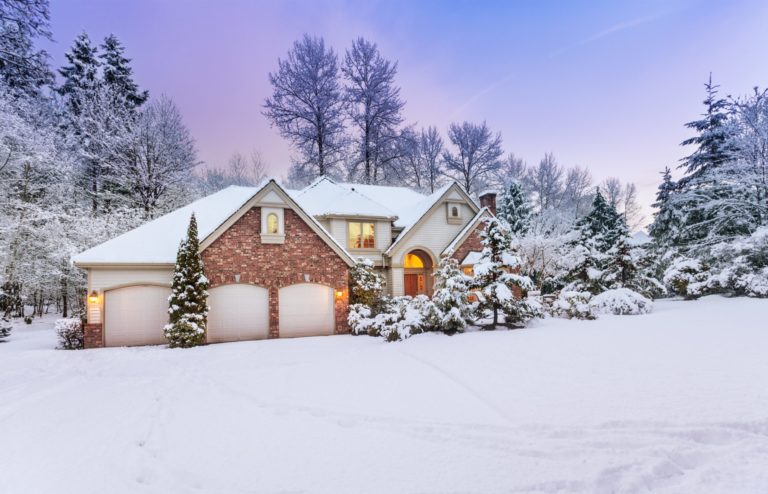As far as fixed rate mortgages go, you have two main term options: 15-year or 30-year. But what’s the difference between the two aside from how long they are? How do you know which option is right for you? Read on to find out!
What is a Fixed Rate Mortgage?
A fixed rate mortgage has an interest rate that remains the same for the entire life of your loan. This is in contrast to adjustable-rate loans which allow for yearly adjustments to the interest rate following a period where the rate is fixed. An important benefit of fixed rate mortgages is that since your rate is locked in and your monthly payments are predetermined, it’s easier to budget for and there are no surprises.
15-Year Fixed Rate Mortgages
15-year fixed rate mortgages have a term of 15 years. The primary benefit of a 15-year fixed mortgage is that you’ll save money on interest since you won’t be paying off the loan for as long. You also build equity in your home faster as a result. In many cases, you’re also able to secure a lower interest rate. You’re paying your home off twice as quickly compared to a 30-year fixed mortgage, so you’ll own your home and complete payments sooner. However, your monthly payments will be higher with a 15-year fixed mortgage than they would be with a 30-year one.
30-Year Fixed Rate Mortgages
30-year fixed mortgages have a term of 30 years. The primary benefit of a 30-year fixed mortgage is that your monthly payments are lower compared to that of a 15-year fixed rate mortgage. You may also qualify for a more expensive home with a 30-year fixed mortgage since you have longer to pay it off. That said, you also have to keep paying on it longer which means you pay more in interest than you would with a 15-year fixed mortgage.
Which Mortgage Term is Right for Me?
Whether a 15-year or 30-year fixed rate mortgage is going to be your best option depends on numerous factors. A key one to look at is how much you can afford to spend each month. If you’re able to afford higher payments, a 15-year fixed mortgage may be right for you. But if you’re concerned about being able to save for things like retirement, education, and emergencies, then the lower payments of a 30-year fixed mortgage may benefit you more. If you want to borrow a larger amount than you might otherwise be able to, a 30-year mortgage is probably your best option. However, if you’re more concerned with minimizing how much you pay in interest, a 15-year fixed rate mortgage is likely the way to go. It really depends on your financial situation and goals.
When it comes to determining the best loan option for your unique situation, your best bet is to talk things over with a knowledgeable professional. Contact one of our experienced Loan Officers today to discuss your options and learn more!



